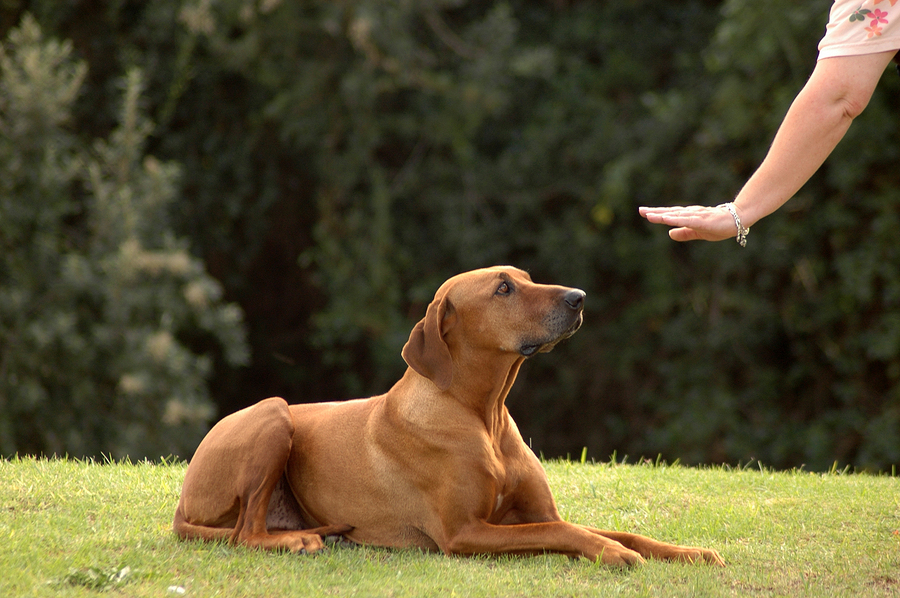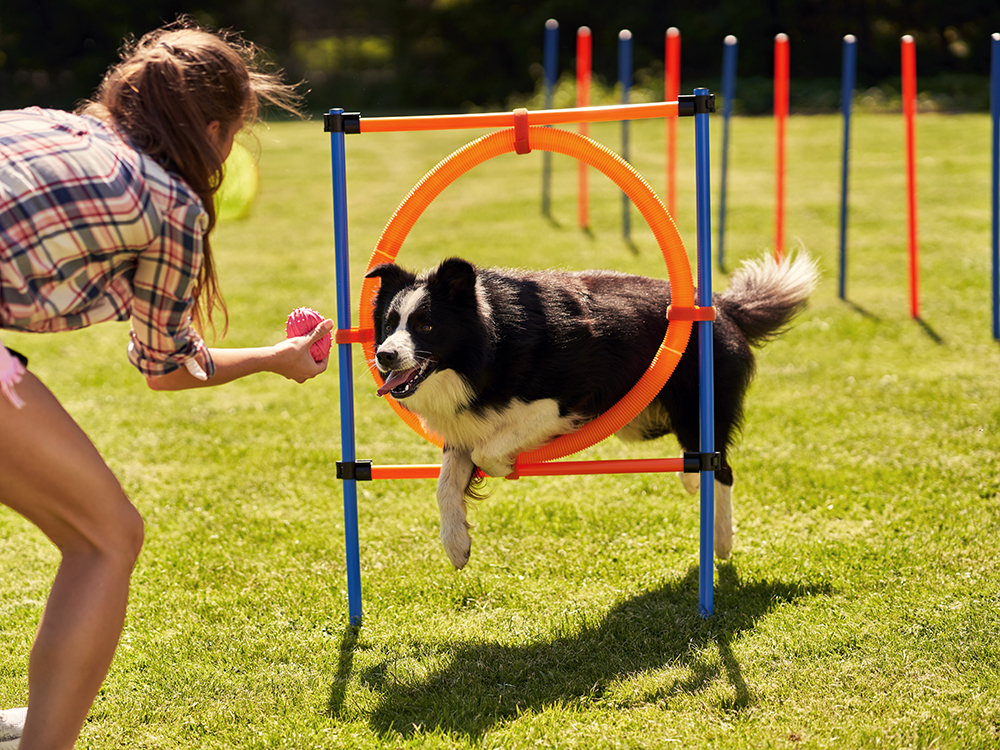How Dog Training Can Improve Your Pet’s Behavior Quickly
How Dog Training Can Improve Your Pet’s Behavior Quickly
Blog Article
The Ultimate Guide to Pet Training: Change Your Pet's Habits
Efficient pet training is vital for fostering a harmonious partnership between pets and their owners. The details of canine actions and the execution of organized training techniques play a vital role in this procedure. By understanding the concepts of positive support, consistency, and socialization, family pet proprietors can browse usual difficulties that occur throughout training. This overview not only intends to outfit you with the essential tools to change your canine's habits yet likewise welcomes you to check out exactly how these fundamental principles can lead to a deeper link with your pet dog. What might be the initial step in this transformative journey?
Understanding Canine Behavior
Understanding pet behavior is important for reliable training and an unified connection in between pet dogs and their owners. A pet dog's habits is affected by a mix of genetics, setting, and experiences. Dog training. Recognizing these elements permits proprietors to customize their training approaches to fulfill the specific requirements of their animals
Pet dogs connect mainly via body language, articulations, and faces. A wagging tail can show enjoyment or joy, while a put tail may signal concern or submission. Observing these signs allows proprietors to react properly, strengthening positive habits and resolving negative ones successfully.
Additionally, comprehending the social structure of canines can offer insights into their actions. Pet dogs are pack animals, and they flourish in a structured setting. Establishing clear borders and constant policies can protect against confusion and promote a feeling of safety and security.
Additionally, recognizing the all-natural instincts of canines, such as need to chase or dig, is crucial. These reactions can be redirected with suitable outlets, such as play or exercise. By adequately understanding these behavior elements, proprietors can promote a favorable training experience, eventually causing a loyal and well-adjusted canine friend.
Necessary Training Methods
Effective dog training counts on a selection of important techniques that can significantly enhance the discovering procedure for both the proprietor and the pet. One essential strategy is favorable reinforcement, which involves satisfying preferable habits with treats, praise, or playtime. This technique urges pet dogs to duplicate the habits that cause positive results, cultivating a trusting connection in between the pet dog and owner.
An additional secret strategy is consistency in commands and expectations. Making use of the same verbal signs and hand signals assists the dog understand what is needed, minimizing confusion and promoting quicker understanding. Additionally, developing clear boundaries and regulations is vital for effective communication.
Socialization is also a vital component of training. Subjecting canines to various environments, individuals, and various other animals aids them create proper social abilities and lowers stress and anxiety in unfamiliar situations.
Last but not least, patience and timing are important. Educating sessions should be constant yet quick, making certain that the pet dog continues to be involved and receptive. By using these crucial techniques, proprietors can create a favorable and organized training experience that promotes great behavior and strengthens the bond with their canine friends.
Developing a Training Arrange
How can a well-structured training routine enhance a pet dog's discovering experience? A training timetable gives consistency, making certain that canines receive normal, focused guideline. This predictability assists pets recognize what is expected of them, reinforcing their understanding and enabling much better retention of commands and behaviors.
When developing a training schedule, it is important to think about the pet's age, breed, and individual character. Youthful pups may gain from shorter, extra regular sessions, while grown-up dogs may love longer, much less constant training durations. Including a selection of activities can additionally keep the sessions involving, protecting against boredom and advertising interest for discovering.
Furthermore, scheduling training sessions at details times of the day can assist strengthen a regimen. Coupling training with day-to-day walks or play can develop a favorable organization with knowing. It is also critical to include time for reinforcement, such as deals with or appreciation, to award wanted behaviors quickly.
Lastly, adaptability is vital. While uniformity is important, being versatile to the pet's mood or energy degree can boost their learning experience. A well-crafted training timetable ultimately lays the structure for effective communication and a stronger bond in between the pet dog and proprietor.
Usual Training Difficulties
Regardless of having a well-structured training timetable, dog owners often run into different challenges throughout the training process. One try here common concern is inconsistency in commands and cues. When numerous household members make use of various terms or tones, a pet dog may end up being confused, impeding its ability to discover effectively.
An additional constant challenge is interruption. Dog training. Pet dogs are normally curious animals, and exterior stimuli such as various other animals, sounds, or individuals can divert their focus during training sessions. This requires owners to produce a regulated setting or slowly present diversions to strengthen focus
In addition, varying power degrees can affect training results. High-energy canines may struggle to settle down and focus, while more laid-back breeds may require additional motivation to engage. Customizing the training strategy to fit the individual dog's personality is necessary for success.

Structure a Strong Bond
A strong bond between a dog and its proprietor is vital for successful training and general health. Dog training. This relationship fosters depend on, which is crucial for efficient communication throughout the training procedure. When a pet really feels linked and protected to its owner, it is a lot more most likely to react positively to hints and commands
To develop this bond, consistency is essential. Developing a regimen that consists of normal feeding, workout, and training sessions helps produce a feeling of stability. Additionally, positive support techniques, such as treats, praise, and play, strengthen desired behaviors while strengthening the emotional connection.
Socializing is an additional important facet of bond-building. Exposing your pet dog to different atmospheres, people, and other animals helps them really feel extra comfortable and confident, improving the bond with their proprietor. Taking part in activities with each other, such as strolling, playing bring, or participating in obedience training, advertises teamwork and mutual satisfaction.
Conclusion

Understanding pet dog behavior is vital for efficient training and a harmonious relationship between pet dogs and their proprietors.Efficient canine training counts on a selection of vital strategies that can considerably link improve the understanding process for both the owner and the pet.Despite having a well-structured training routine, pet owners typically run into numerous obstacles during the training process.In conclusion, reliable canine training relies on a comprehensive understanding of canine behavior, the application of important methods, and the establishment of an organized training timetable. By emphasizing positive reinforcement and consistency, pet owners can considerably enhance their family pets' habits, eventually ensuring a harmonious relationship and advertising the health of both the dog and its environment.
Report this page